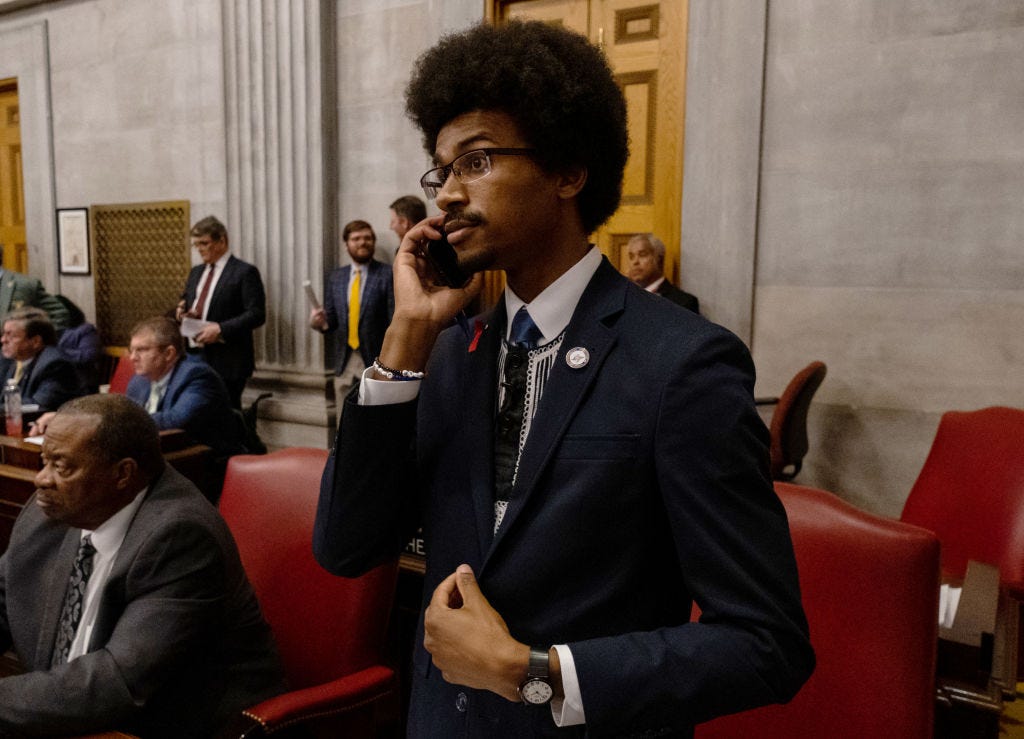Environmental injustice in Tennessee
The Legislature removed an effective climate justice advocate who was representing one of the most-polluted districts in the state.

Last week, a supermajority of Republicans in Tennessee’s state House made the shocking decision to remove two of their Black Democratic colleagues from the state Le…


